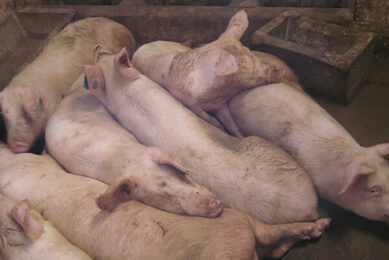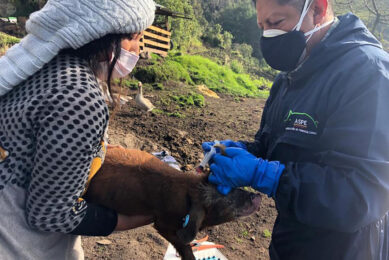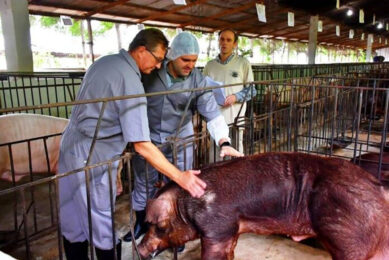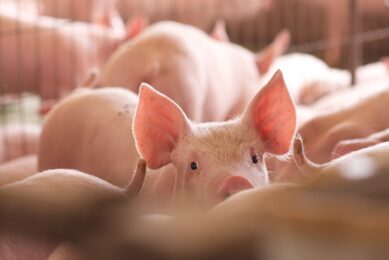Venezuela’s pig sector has collapsed since 2014
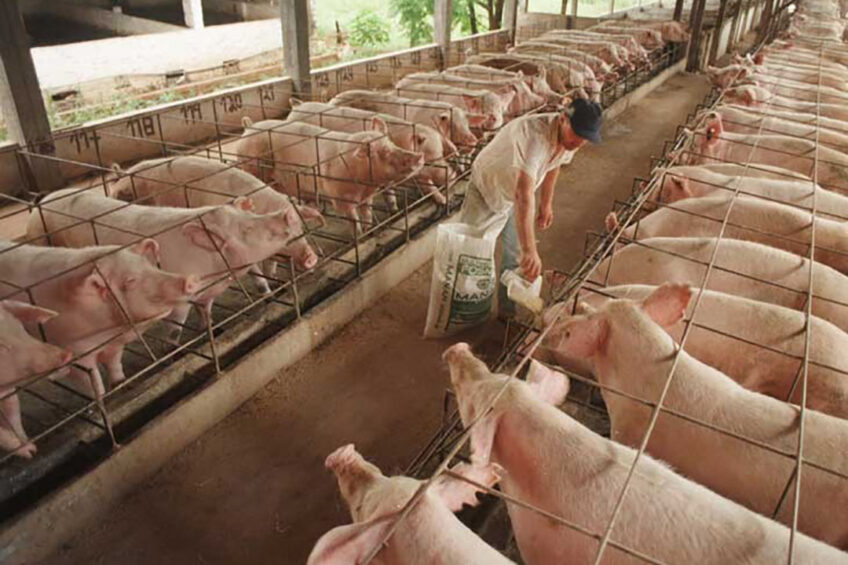
In the months leading up to the event United Pork Americas, Pig Progress takes a deep dive into pig-producing countries in the Americas. What is pork production like in the various countries in both continents, and what are the perspectives for development? Today: a closer look at Venezuela.
Venezuela is going in the opposite direction in comparison to other South America’s countries when the topic is the pig sector. While most of them registered remarkable increasing production in recent years, Venezuelans saw their pork supply falling.
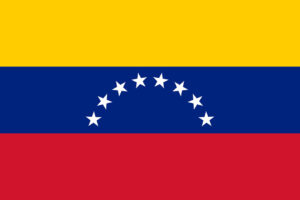 The available data show 81% less production between 2013 and 2020, from 210,000 tonnes to around 40,000 tonnes. The main reason is no disease or climate event, but politics and its consequences for the national economy.
The available data show 81% less production between 2013 and 2020, from 210,000 tonnes to around 40,000 tonnes. The main reason is no disease or climate event, but politics and its consequences for the national economy.
Hyper-inflation on all products
To put it all into context, after Hugo Chávez’s death, in 2013, Nicolas Maduro took over Venezuela’s presidency. Soon after, petroleum prices, the main product of the country, started to fall, reaching relatively low prices for years.
Due to this, Maduro needed to print money in order to keep public income distribution programmes, which led to hyper-inflation since 2017. The levels are overwhelming, namely, 1,300,000% (1.3 million) in 2018, 35,000% in 2019 and 2,959.8% in 2020 and around 1,600% last year.
Collapse of pig production
That situation led to the collapse of pig production. The Association of Porcine Production estimates a decline of 80% over swine activities in Táchira state, one of the main producing regions of the country.
From the 300 pig producers with formally established farms, only 15 remain. Yuvan Rosales, representative of pig producers in the region, said to local press that 15,000 pigs were finished daily at a national level 4 years ago, but, currently, the number is around 2,500.
According to him, sales have dropped by 60% last December compared to previous years. “We see slaughter is decreasing. December used to count 800 finished pigs in my facility, but now we get no more than 200.”
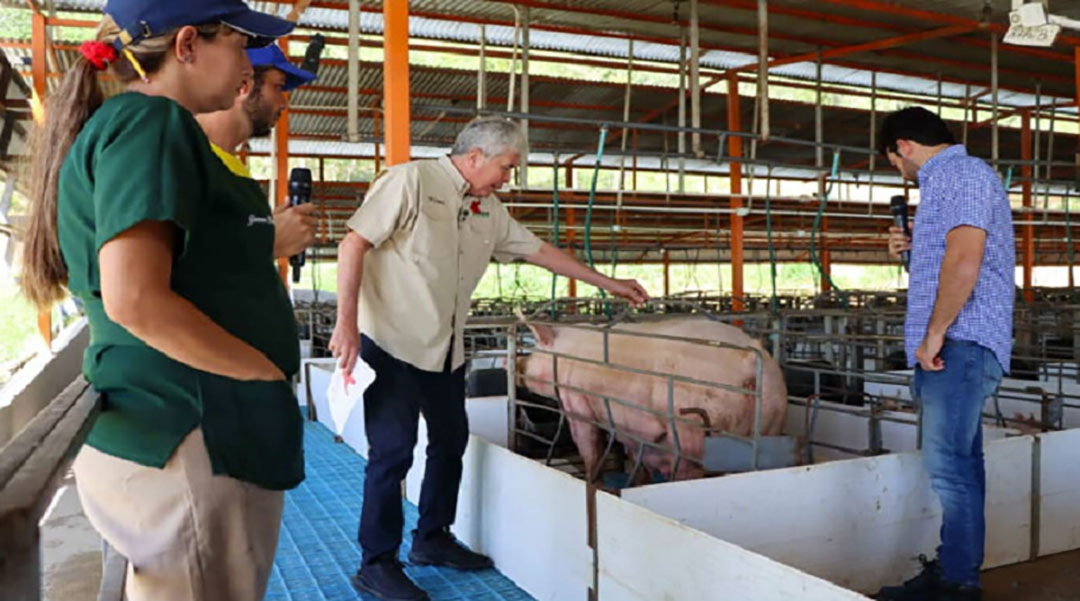
National governmental agricultural campaigns
The situation affects the agricultural and animal protein sectors. For instance, Venezuela’s National Reanchers Federation estimates Venezuela needs US$ 10 billion to resume crops and herds to previous levels registered in 2012.
In turn, central government presents plans and campaigns largely noticed by official media. The information is always about isolated initiatives such as the “Plan Pernil” to produce 27,000 tonnes for Christmas, the Socialist Pig Company of Alba or the National Protein Plan (with no official data disclosed).
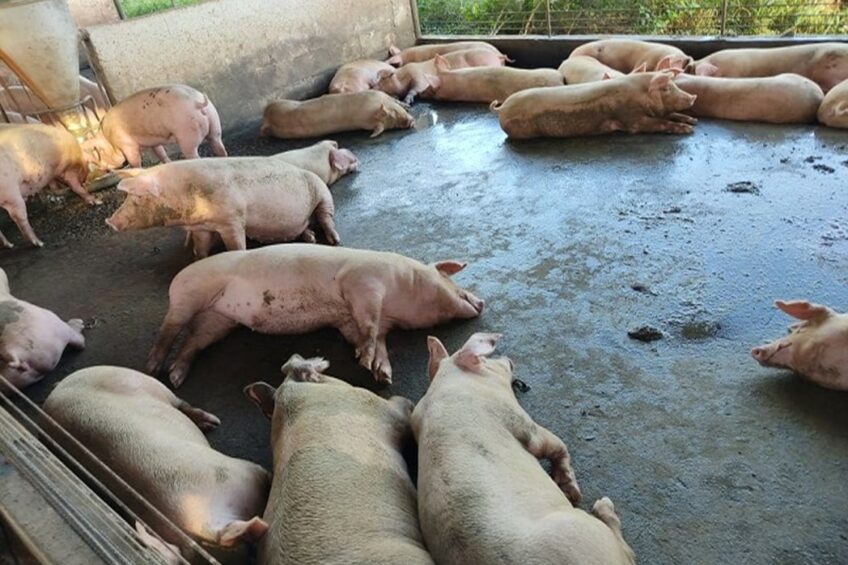
Another questionable direction was the risky plan of importing 13,500 tonnes of pork meat from Russia, while the country was facing African Swine Fever (ASF) outbreaks in 2019. All neighbouring countries reacted against it, but Maduro did not change his ideas.



